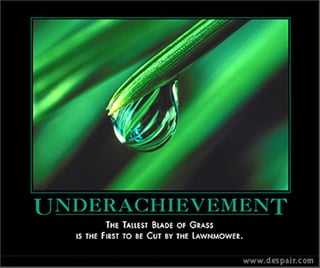I recall a Japanese proverb, “犬も歩けば棒に当たる,” of which literal translation is “When a dog rambles around outside, he get a hit with a neighbor’s stick,” meaning, “Don’t come on the surface, don’t try to do anything new, don't say anything, otherwise you’ll be criticized, blamed, or get hurt.”
We have the similar expression, 物言えば唇寒し秋の風 in 和歌 – Japanese classic poem, which can be translated as “In autumn, you feel cold on your lips anytime you utter a word, “ which admonishes you not venture to speak up in public, just be reticent.
It’s understandable that we have a lot of such proverbs and maxims teaching the merit of keeping silent after going through the ages of a tight feudalistic social regime and being severely educated on Confucius doctrines which values silence, and action more than speech, but I wonder if there is the similar saying to “dog and autumn wind” analogies in Anglo-American world where the freedom of speech and the power of eloquence have been highly valued.
I know you have the saying, “Speech is silver but silence is golden” or just "Silence is golden." Are there any other proverbs or set phrases than “Silence is golden.” to admonish you not to speak up, or being self-assertive?
P.S. The focus of my question is "the restraint / gagging of free speech"

